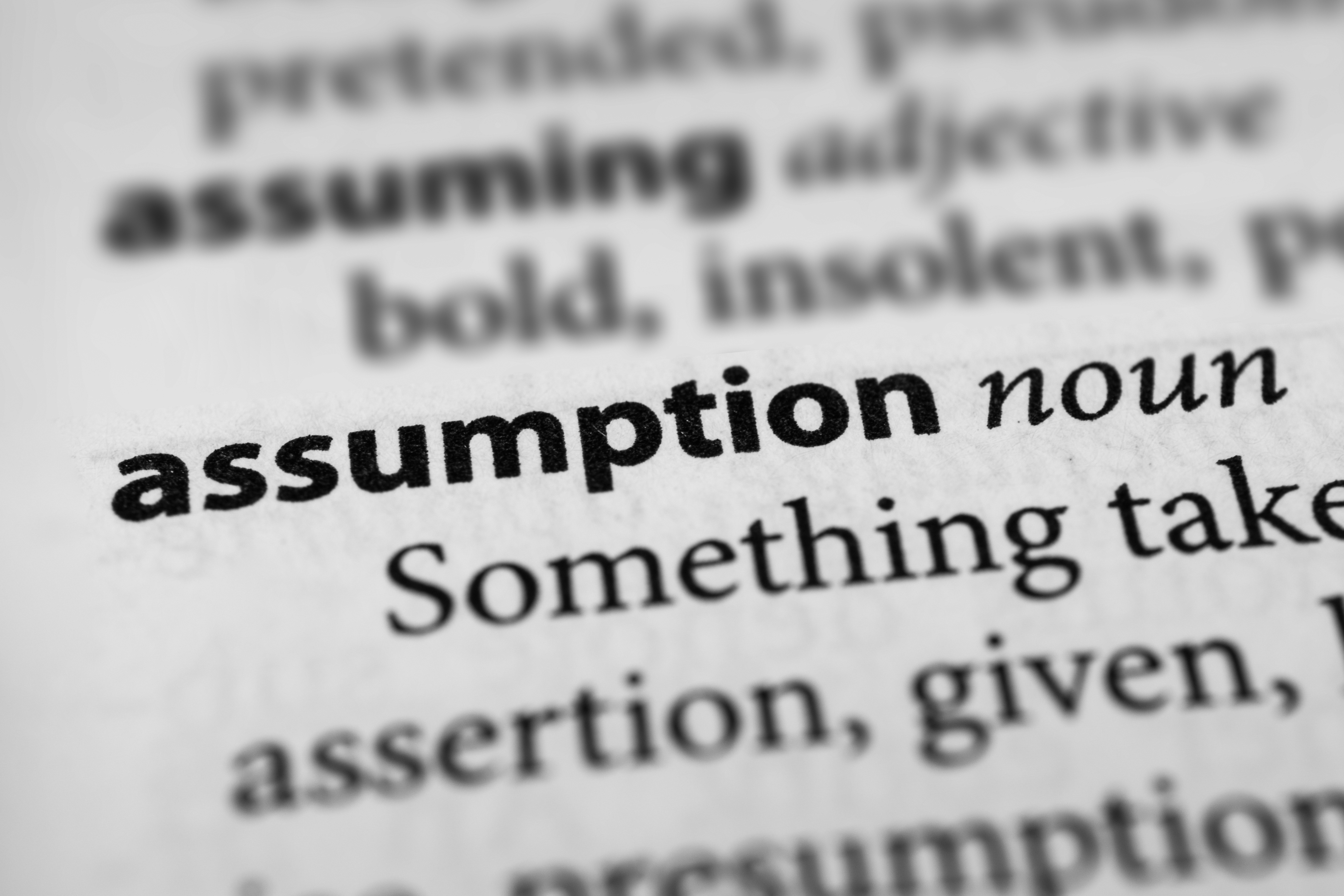As activist groups continue to push proposals to shut down oil and gas production across California, one fact in particular exposes the fallacy of their extreme perspective: California is an energy island.
While California is of course not geographically an island, in terms of access to energy it is disconnected from the other lower-48 states. Due to a lack of infrastructure and the infeasibility of transporting more crude oil by rail or truck, California is extremely limited in its ability to import crude oil from outside its own borders.
Given these facts, any cuts to in-state production – like those pushed by activist groups – would directly result in more energy imports from overseas, including from foreign countries with few environmental and worker protections.
That’s right: activists would rather buy more oil from foreign countries than produce a reliable supply of energy in California under the world’s most stringent safety, labor and environmental standards.
California already imports about 70% of the oil it uses every day to fuel transportation, power businesses, grow food, and produce everyday products, costing residents $25 billion a year.
California is blessed with abundant natural resources, but the policies activists are pushing on our leaders would force residents to rely more and more on distant energy sources to meet our needs. The activist path is clear: choosing greater dependence on foreign oil, and putting California’s diverse communities and businesses at the mercy of market volatility, international turmoil, and unstable foreign countries.
Furthermore, imported oil is not produced to California’s stringent safety, labor, and environmental standards. Foreign oil is not subject to the rigorous environmental review, greenhouse gas mitigation, and worker safety inspections required in California.
Bottom line: California’s leaders can limit risks and protect working families, businesses, consumers, and the environment by supporting safe, affordable and reliable, in-state production.


